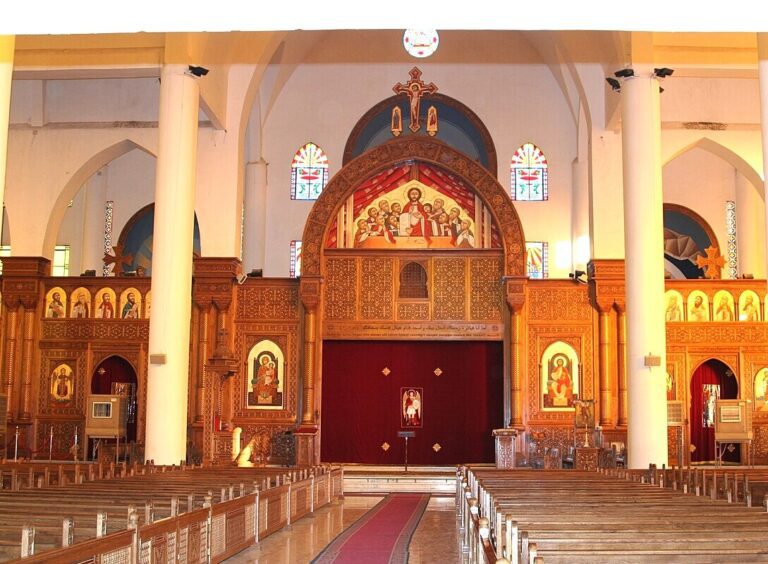This authority is part of the Egyptian State Council and is an independent judicial body that deals with administrative disputes, legal advice, and legal reviews. Appeals are reviewed by the Commissioner, a judicial official who prepares cases for judgment and mediates settlements.
Lawyers and citizens from various religious backgrounds filed the petition with support from Alliance Defending Freedom (ADF) International. ADF International said the appeal follows the prime minister’s rejection of a petition to recognize Easter as an official public holiday.
A coalition of lawyers and individuals argues that not designating the holiday violates the rights of the country’s more than 10 million Christians.
In April 2025, a group of lawyers called on ministers to urge the government to recognize the holiday as a paid holiday so Christians can celebrate with their families.
The petition notes that many Coptic Christians are unable to celebrate Easter because of work commitments in important fields such as legal practice, or because the holiday coincides with academic exams or university classes.
“As a result, many people are unable to observe religious observances and participate in celebrations with their families in dignified and meaningful ways,” the petitioners said.
Kelsey Zorzi, ADF International’s global religious freedom director, said the petition provides an opportunity to “advance the right of Christians to freely practice their faith in Egypt.”
“For millions of Egyptian Christians, recognizing Easter as a public holiday means they do not have to choose between work or school and religious practice, and can firmly observe one of the faith’s holiest days. This is a meaningful step towards ensuring that their rights are respected,” he added.
ADF International said the Egyptian government already officially recognizes other religious holidays, including the Orthodox Christmas and Islamic holidays. Because Easter is not recognized, Christians are forced to choose between keeping their faith and fulfilling their professional or academic obligations.
Reduction of religious rights
Christians make up about 10 percent of Egypt’s population. They continue to face daily discrimination, severe restrictions and constant pressure to hide their beliefs, according to ADF International. In January, Open Doors International released a report detailing the persecution of Christians in Egypt.
The report, titled Egypt: Dynamics of Persecution, states: “The lack of serious law enforcement and the reluctance of local authorities to protect Christians, particularly in Upper Egypt, leaves Christians vulnerable to attack. Furthermore, the authoritarian nature of the government administration makes it futile for church leaders and other Christians to speak out against these practices.”
The Open Doors report explained that Christians were finding it difficult to establish churches and places of worship, despite an increasing number of churches being legalized through formal registration.
“Despite Egypt’s status as a cultural and historical giant in Africa, it remains a struggle for many believers,” Lizzie Frances Brink, general counsel for global religious freedom at ADF International, said in an earlier statement.
“Article 64 of the Egyptian constitution guarantees ‘absolute’ freedom of religion and belief, but this right is restricted in practice. Only adherents of the three recognized ‘celestial religions’ – Islam, Christianity and Judaism – can legally practice their faith and build public places of worship,” she said.
Despite Egypt’s constitutional guarantees, Christians and other minority faith groups continue to face restrictions on religious freedom. Discriminatory laws and practices limited the ability of Christians, Shia Muslims, Ahmadis, and other nonSunni or nonstate-recognized communities to freely express and practice their beliefs, the report said.
“Recognizing Easter as a public holiday is essential because it removes a major barrier for millions of Egyptian Christians who currently have to choose between their faith, work and education,” said Haysam Elaifei, lawyer and head of ADF International in the Middle East.
He added that the changes will protect their constitutional and international rights and ensure equal treatment and respect for religious freedom throughout Egypt.
